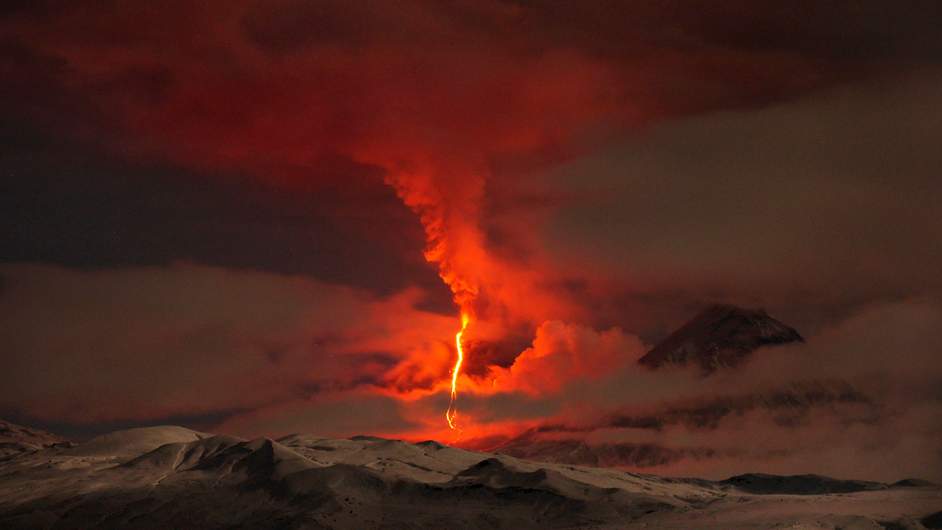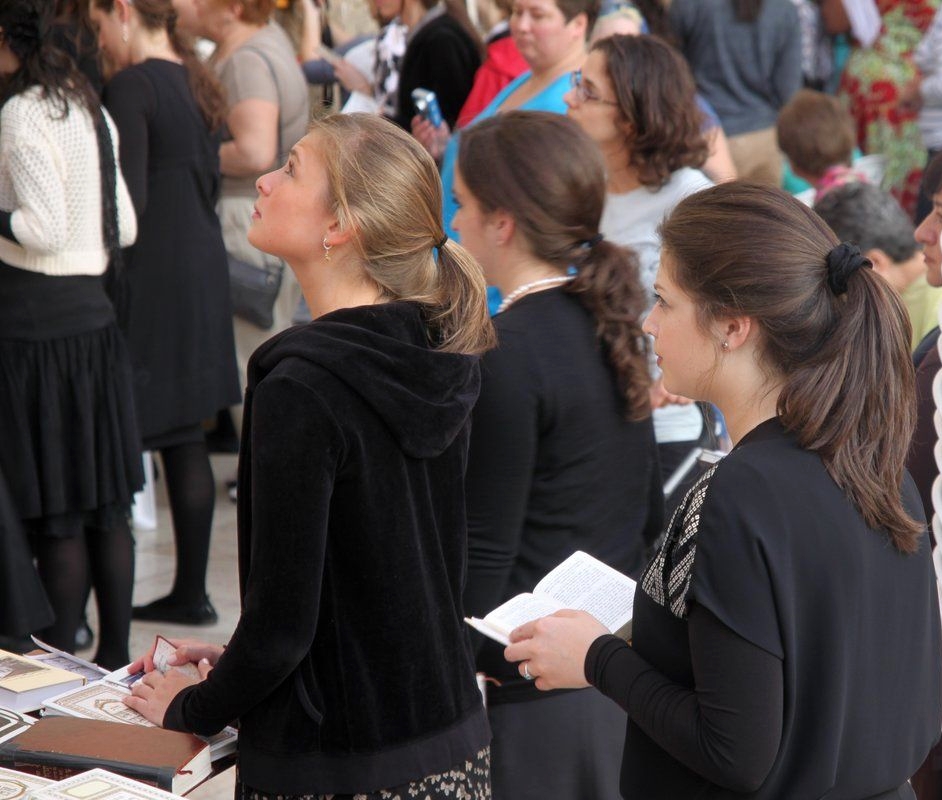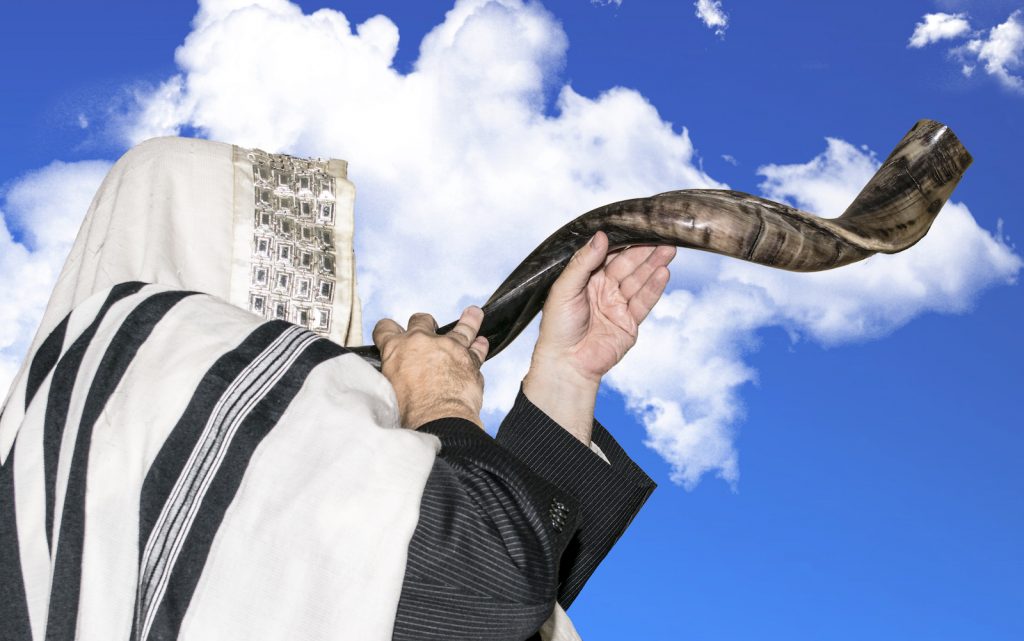
I Samuel 1:1-2:10
(3-4 Minute Read)
In addition to reading from the Torah on Rosh HaShanah, also known as Jewish New Year and the Festival of the Sounding of the Shofar (ram’s horn), a portion of the Tanakh is read as well. This Tanakh portion is called the Haftarah, and for the first day of Rosh HaShanah the story of Hannah documented at the beginning of I Samuel is recited.
At the end of the era of the shophetim, or judges, and before the monarchy was instituted, a man of the tribe of Levi named Elkanah was living with his family in the hill country of Ephraim. Elkanah had two wives, Penninah and Hannah. Penninah provided children for Elkanah, but Hannah was barren. Although Hannah was very well treated by her husband, her lack of children was a source of great distress to her.
Eventually Hannah prayed urgently at the Mishkan, or Tabernacle. She pleaded that the Almighty would give her a son. If so, she vowed that she would dedicate him to the service of the Most High as both a Levite and a natzir, or nazarite, his entire life.
Not long after, Hannah conceived and ultimately gave birth to a son whom she named Samuel. Samuel became a great prophet of the Jewish people and the last judge, coronating the first two Jewish kings, Saul and David.

The story of Hannah (and ultimately the conception and birth of Samuel) is read aloud on Rosh HaShanah for several reasons. First, according to Midrashic Jewish tradition, the conception of Samuel occurred on or around Rosh HaShanah. Second, intense prayer is a central theme of the Jewish New Year.
In many ways, key aspects of traditional Jewish prayer have been inspired by the methodology of Hannah’s prayer. Following Hannah’s example, for certain prayers the “Jewish method” is to stand upright and pray almost silently in a quiet whisper or merely moving our mouths and making little to no sound. Some also sway with emotion in a manner that is reminiscent of Hannah’s distress. This brings us to an interesting question. Why is the mother of Samuel the Prophet the inspiration for Jewish prayer? Almost nothing is known about her (or mentioned in the Tanakh text) outside of this one event. In contrast, other Biblical figures, such as Moses, David, and Solomon were known for their direct connectivity with the Eternal One, intensely emotional songs of praise and supplication, and eloquent public prayers. Indeed, the songs and poems of David, Moses, and Solomon are also an integral component of Jewish worship. So why is the nearly silent pleading of a seemingly simple woman the basis for key Jewish prayers, especially the Amidah, one of the most spiritually elevated segments of the traditional Jewish prayer liturgy?
While there are many angles that could be taken in order to tackle this question, one simple thought comes to the forefront. It is a human perspective that the louder something is, the more noticeable it is. Sometimes we think of the Almighty in human or physical terms that don’t actually apply. Or, in the case of paganism and idolatry, the various false “gods” and “goddesses” are defined almost exclusively in limited physical terms. This trend is why some pagans worshipped the sun, and other false “gods” and “goddesses” had the appearance of people or even animals. But obviously the Master of the Universe cannot ever be defined in such terms, which is why Deuteronomy 4 and other Torah passages emphasize that the Eternal One is far too great to ever be worshipped in a limited, idolatrous manner. Therefore any forms of idolatry, even in an attempt to worship the Almighty, are fiercely prohibited.
A prime example of this idea can be seen in the “showdown” between Elijah the Prophet and the false prophets of the phony Caananite “god,” Baal, as recorded in I Kings 18. In the “showdown,” Elijah put the false “god” of Baal to the test. His premise was that if Baal was truly a “god,” he could bring fire down on his own offering. For hours all throughout the day hundreds of false prophets of Baal cried out and screamed to Baal, but nothing happened. After they finally gave up, Elijah quietly prayed to the Most High, and fire miraculously erupted and consumed his righteous offering.

In the following chapter of I Kings 19, Elijah the Prophet fled to Mount Sinai. There he had a direct encounter with G-d. First Elijah experienced a fierce wind, followed by an earthquake and then an outbreak of fire. But the Almighty was not “in” those phenomena. However, Elijah then heard a “still, small voice,” and that was the voice of the Most High.
On the surface it may seem counter-intuitive, but Judaism’s approach to connecting with the Eternal One is unique, especially when contrasted with surrounding pagan ideology. Boisterous praise certainly has an important role in Judaism, including such Tanakh stories as David’s procession surrounding the Ark of the Covenant and the joyful celebrations of Simchat Torah. But, as Solomon said in Ecclesiastes 3:7, there is a time to speak loudly and a time to keep silent.
Because Judaism understands that the Master of the Universe is all-present and all-knowing, there is technically no need to raise our voices. The Eternal One hears silent prayer just as much loud prayer. And indeed, quiet prayer serves a different purpose than loud prayer. Quiet prayer is meditative; it is intimate and focused. Just as a husband and wife having an intimate conversation hardly need to shout at each other (and would no doubt greatly disturb their neighbors if they did so), a person who is seeking to connect with the Most High in a direct and intimate way can likewise do so quietly. And indeed, perhaps quiet prayer is even symbolic of the nature of our faith and belief in the Holy One, Blessed Be He. We don’t have a connection with the Almighty that requires us to shout, like the false “god” Baal demanded of his worshippers. Praying quietly is an indirect testimony to our belief in the omnipotence and omniscience of the Almighty and a rebuttal to idolatrous pagan ideas of “limited divinity.”

Perhaps that is the ultimate reason why we praise the Most High loudly with tehillim, or psalms, of David; and why we make our supplications for forgiveness and sustenance in the Amidah as well as the Rosh HaShanah prayers quietly. It is appropriate to express our fullness of emotion loudly when we are praising the Almighty, but the “volume” is ultimately for our benefit. But when it is time to be intimate and speak with the Master of the Universe on a one-on-one basis, a quiet method is preferred. As such, Jewish prayer is sometimes loud and joyful like David, and sometimes quiet and intimate like Hannah.
May the Holy One, Blessed Be He, grant us all to have meaningful, intimate prayers this Rosh HaShanah and beyond. And may He grant us, our families, and our communities all a sweet and prosperous new year.


